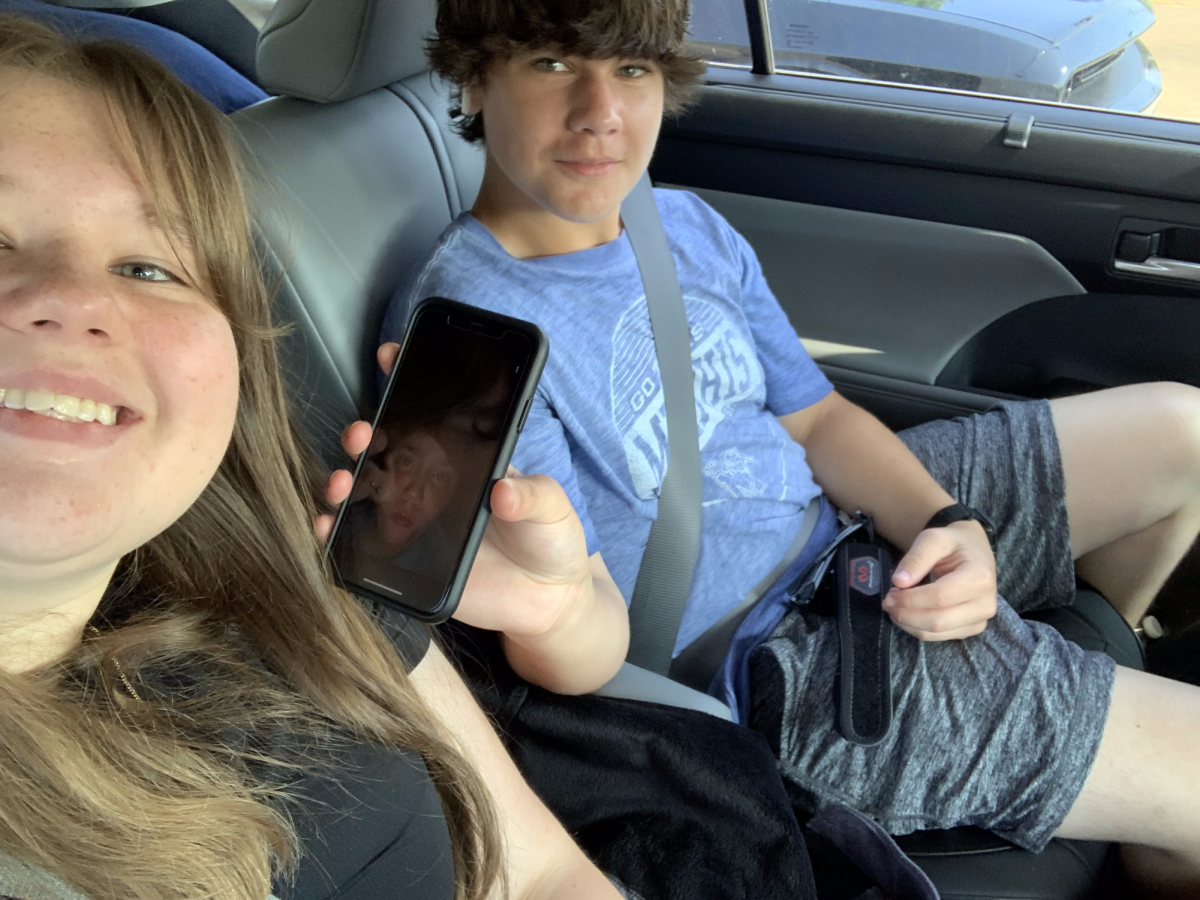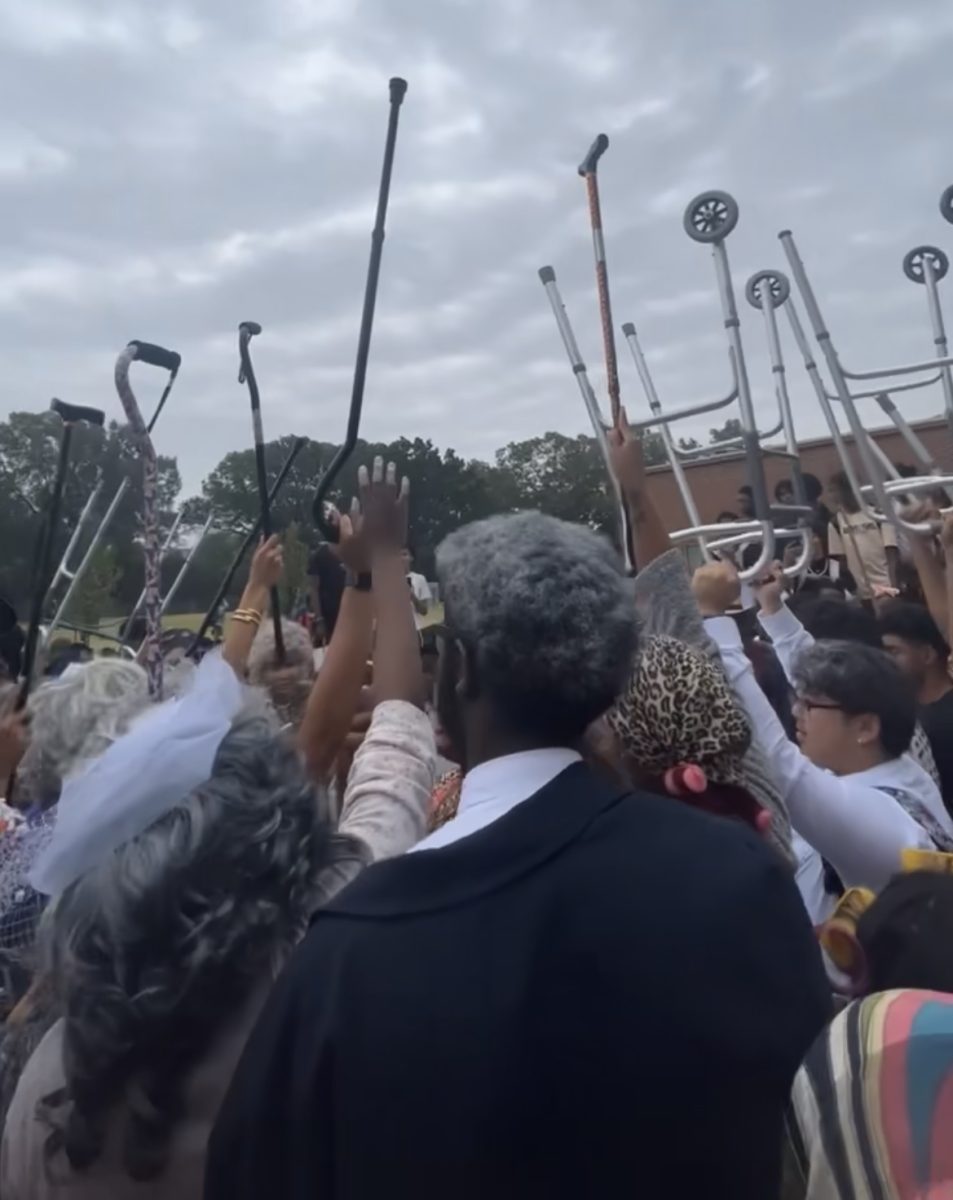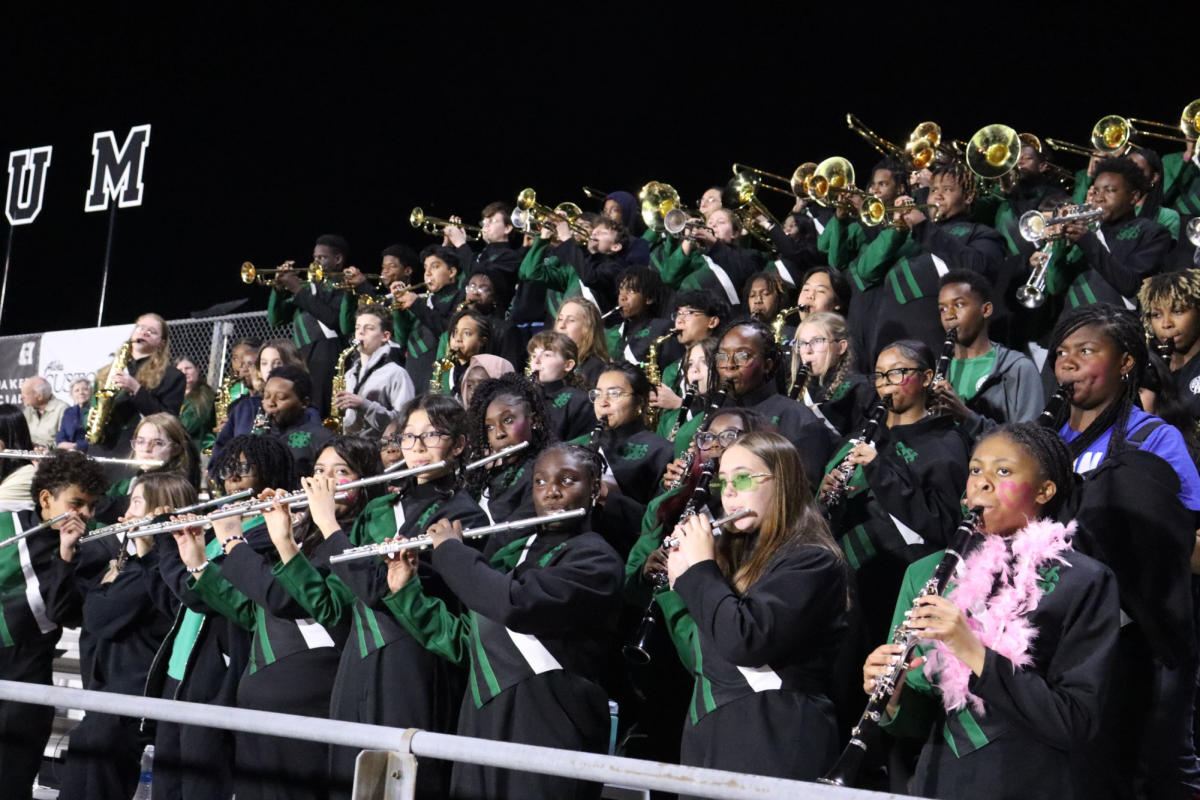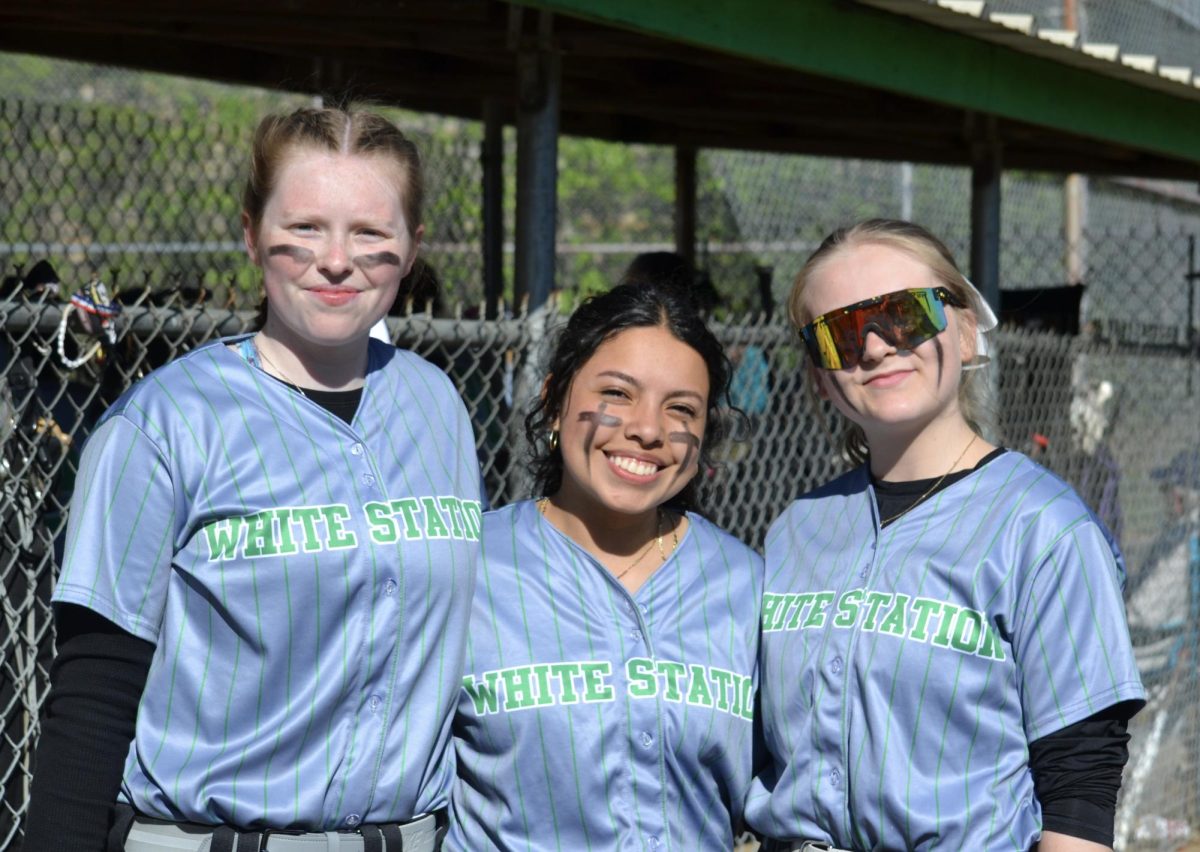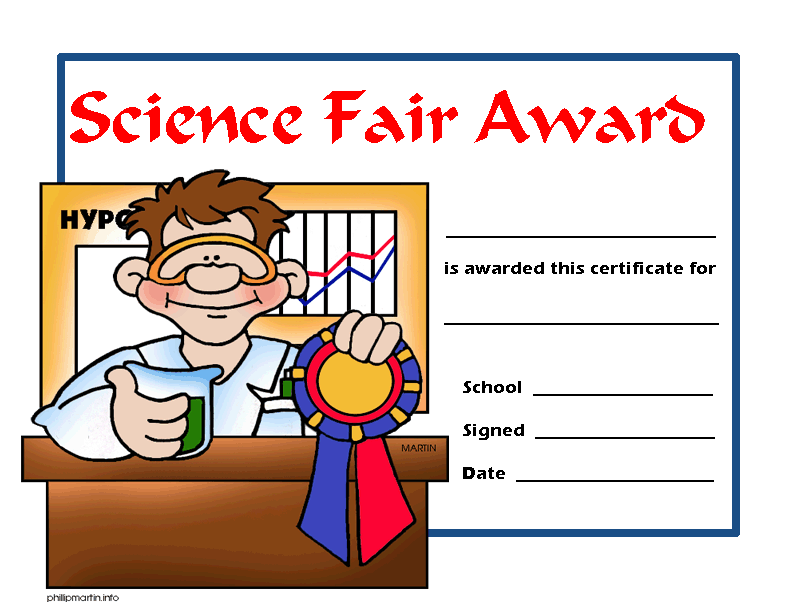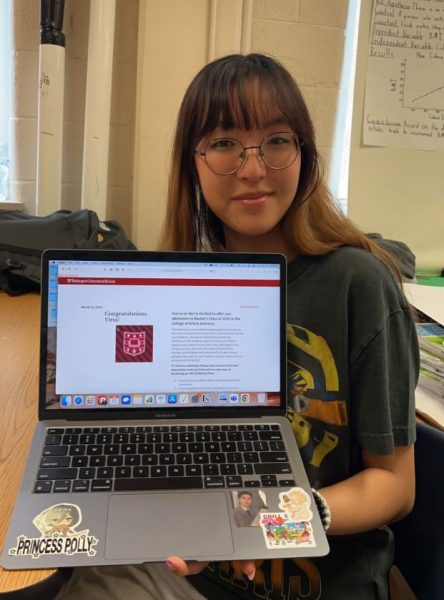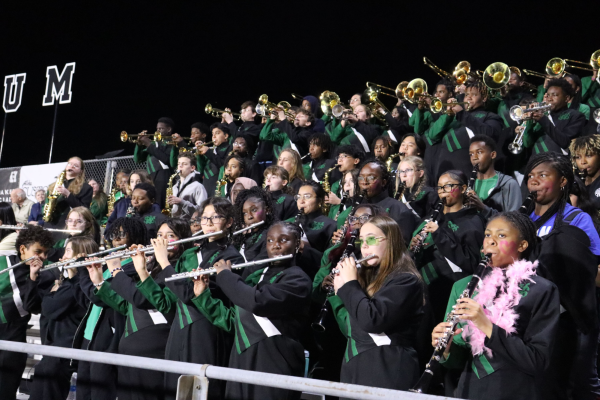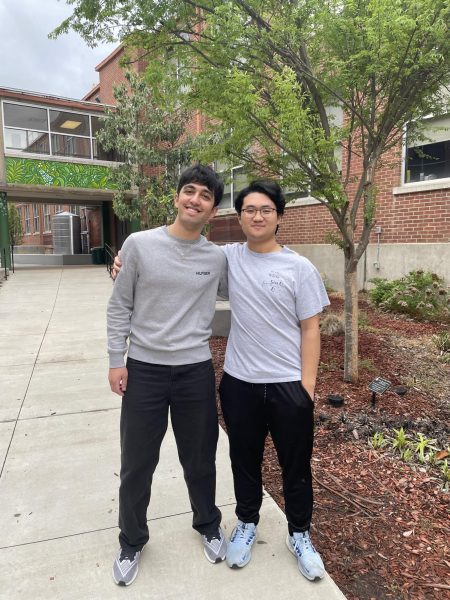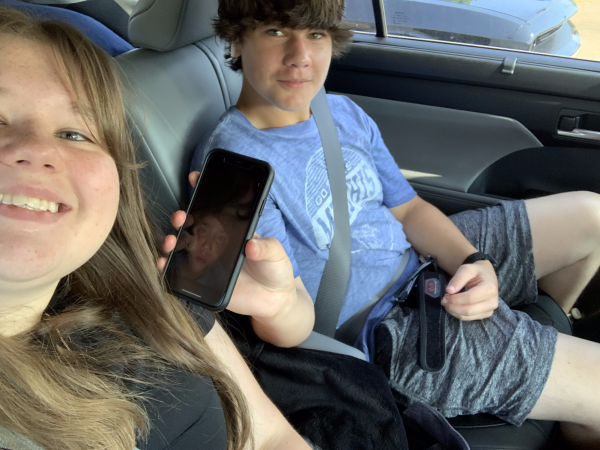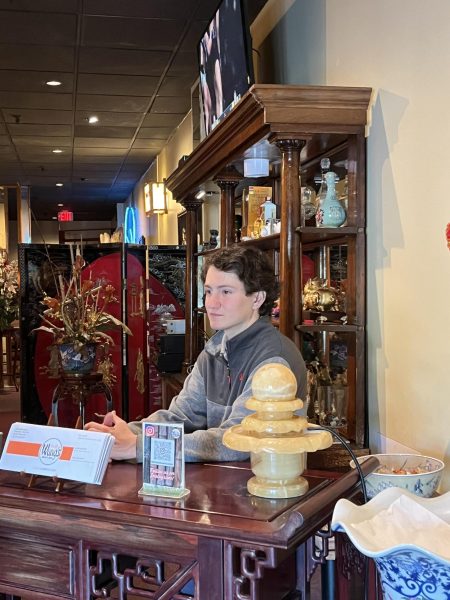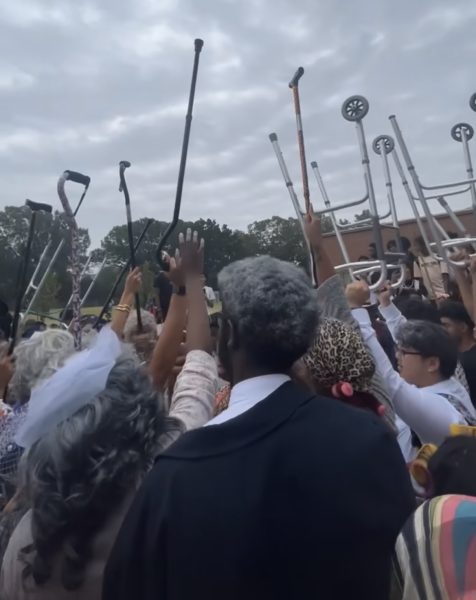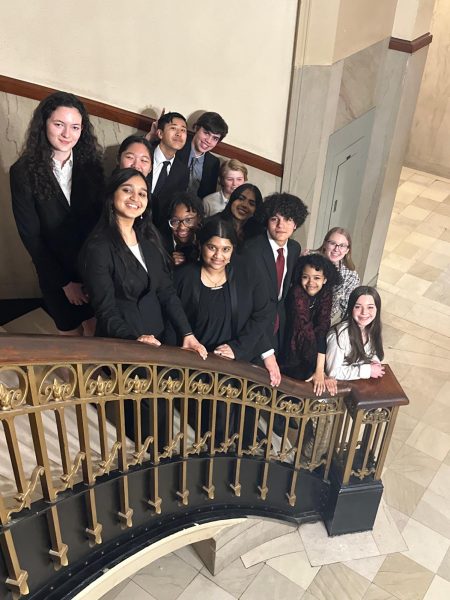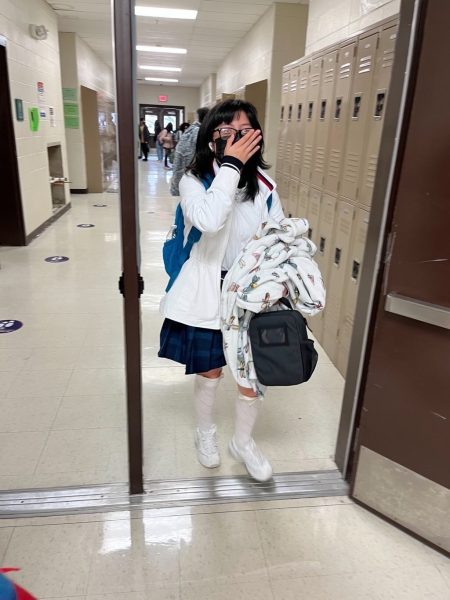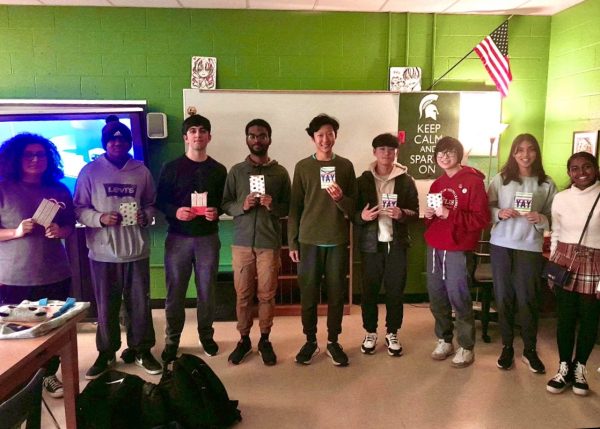The science of success
Contrary to popular belief, there is more to science fairs than just building a model volcano or a solar system. Junior Vijaya Dasari participated in two different science fairs this year, winning awards that qualified her for state and even national levels of science competition.
Water Filtration
Her dad encouraged her to compete in the science fair since she is interested in science. She took
his advice and searched for different fairs to sign up for.
The goal of Dasari’s experiment was to filter unclean water just enough to be able to reuse it as
bath water, which she did accomplish. The best part about it was that she built the filtration
device out of inexpensive materials.
Her purpose in choosing this experiment was to encourage families in third-world countries to be
able to somewhat purify their water in a cheap, accessible way. She enjoyed the real life
application of her project and how it could help those in need.
“[It] makes you feel like you’re changing the future,” said Dasari.
The competition took place at Christian Brothers University; however, she made it to both the
state and national level for her experiment. She won first place at State, as well as the Rico
Sustainable Development award and the Stockholm Junior Water prize.
The whole process took her about three weeks to build and prepare her project, but the fair itself
only lasted a day.
Brain Reactions
Dasari was eager to jump into another experiment as soon as she could. The summer before her junior year, Dasari got the opportunity to spend several weeks in a
research program at the University of California at Santa Barbara. She was paired up with actual
scientists who aided her research.
Dasari started planning her experiment in the Brain and Memory Lab at USCB. Her goal was to
verify the Bayesian Model of Hypothesis Evaluation, an equation about how the brain makes
hypotheses based on new information.
Dasari conducted the experiment by creating and administering a test that records how the brain
responds to certain data that is given.
The research process was much more time consuming than her first experiment. Dasari spent
about six weeks preparing her project.
She then presented her experiment at the Tennessee Junior Science and Humanities Symposium
in Knoxville, TN. There she won third place and an award from the American Psychological
Association.
Because of her outstanding achievement, Dasari qualified for the National Science and
Humanities competition in Washington, D.C.
Besides what she learned through her research for both projects, Dasari feels that she learned
how to be a better speaker, especially when presenting her data before the professional
scientists.
“These experiences [have] furthered my passion for science,” Dasari said.
She feels accomplished because of all the hard work and effort she put into her experiments.
Your donation will support the student journalists of White Station High School. Your contribution will allow us to purchase equipment and cover our annual website hosting costs.



